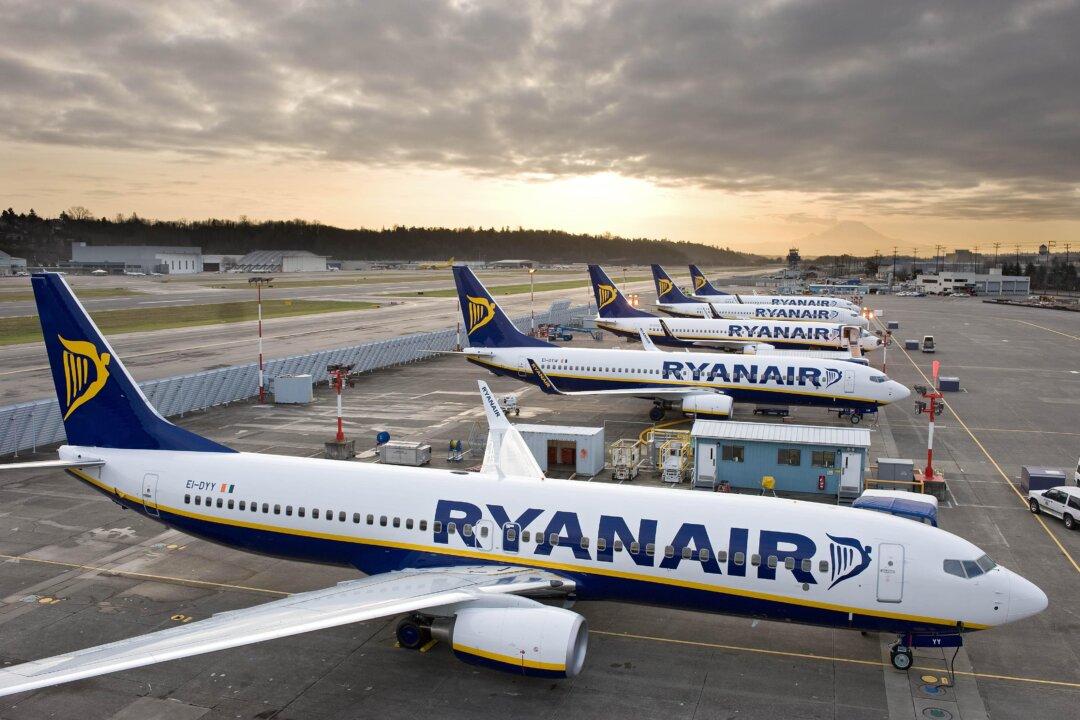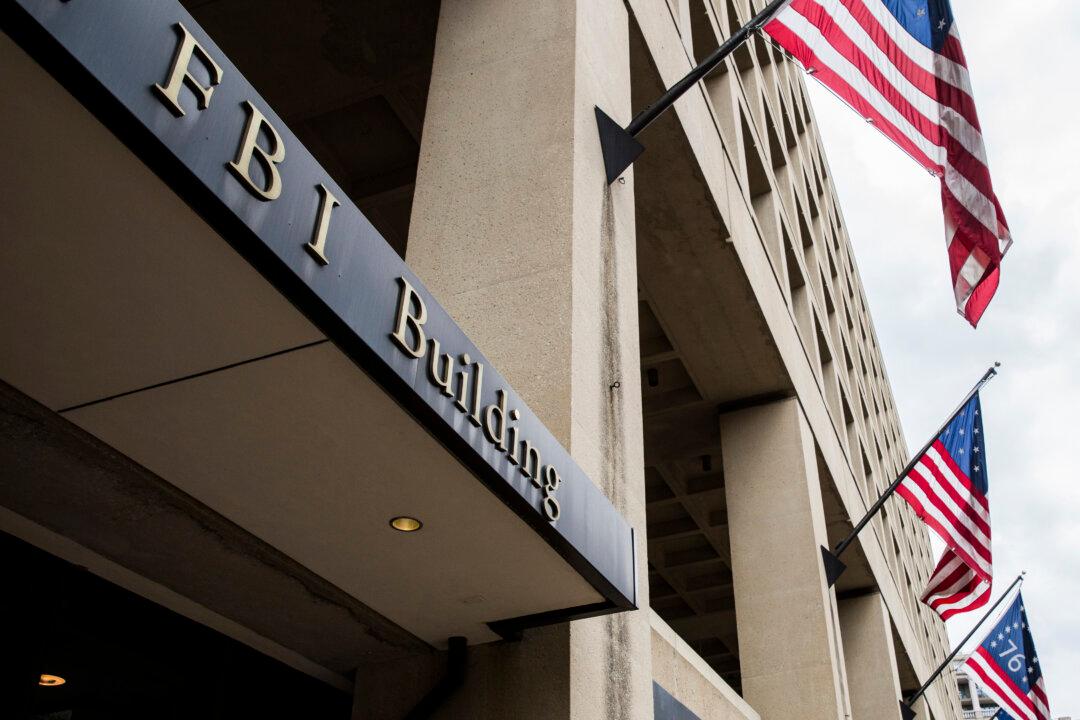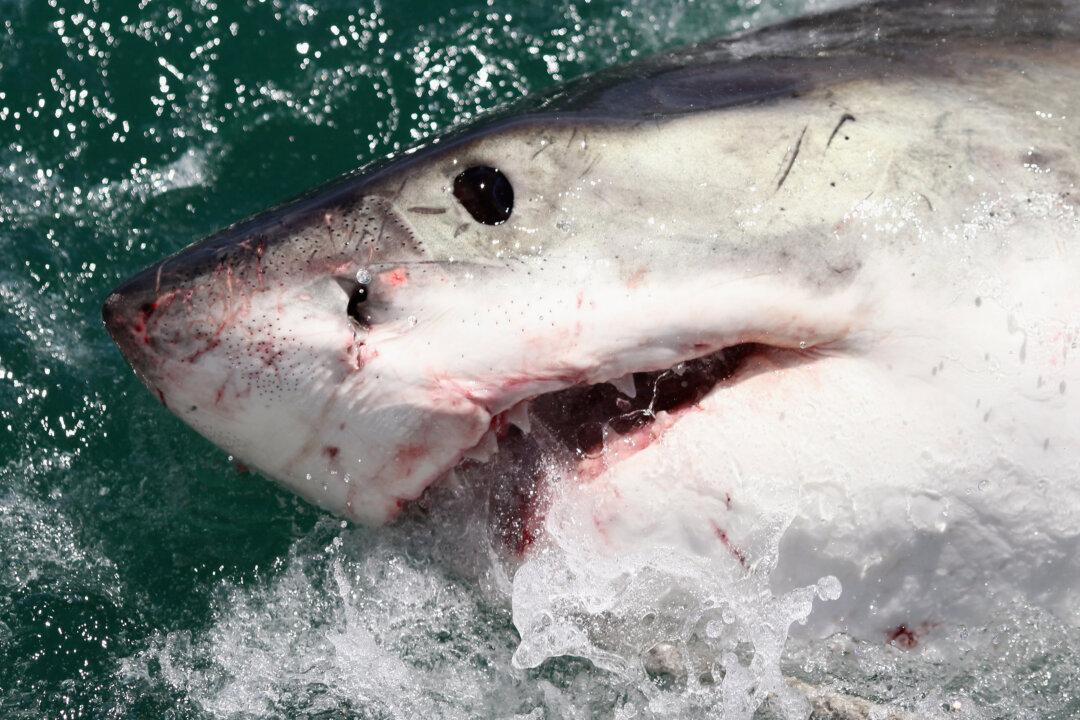Global oil prices and passenger fare movements are forcing some airlines to cut costs and the trend could continue, a European carrier has warned.
In the first half of 2018, Ryanair saw the company’s profit after tax (PAT) plunge even though passenger numbers and revenue jumped.





